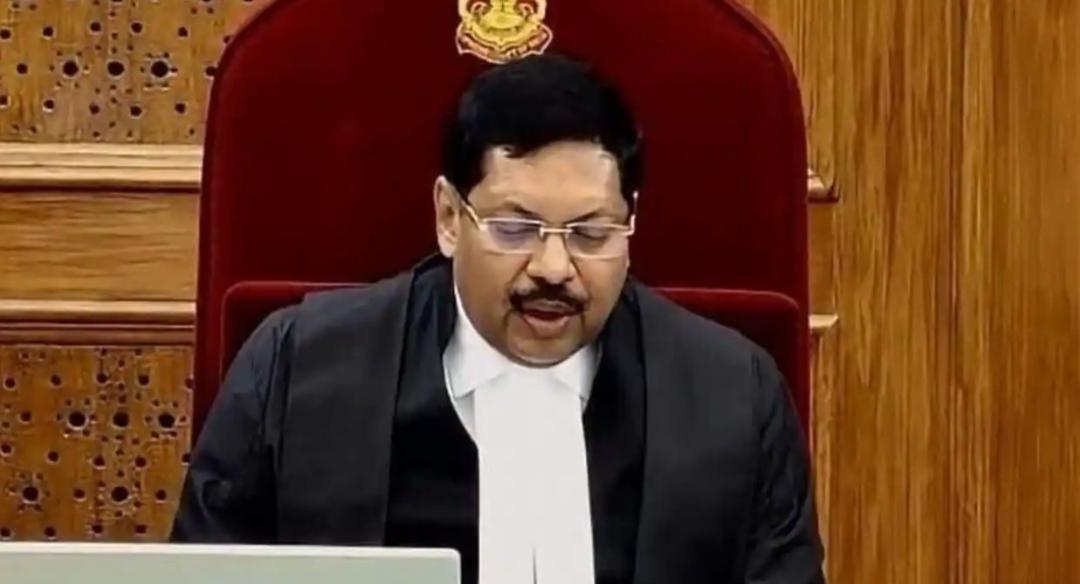
Passing ‘bulldozer order’ was my most important one: CJI Gavai
As the tenure of Chief Justice of India (CJI) BR Gavai comes to an end, he has reflected on his most significant judgments during his time in office. In a recent statement, CJI Gavai highlighted his judgment against “bulldozer justice” as the most important one, emphasizing the need to protect the rights of individuals and uphold the principles of justice. This statement has sparked a significant amount of interest and debate, as it sheds light on the CJI’s perspective on a critical issue that has been at the forefront of Indian politics and jurisprudence.
For those who may not be familiar with the term “bulldozer justice,” it refers to the practice of demolishing the homes of individuals accused or convicted of crimes, often as a form of punishment or retribution. This practice has been criticized by many as a violation of human rights and a form of collective punishment, which can have devastating consequences for families and communities. CJI Gavai’s judgment against this practice is a significant milestone in the ongoing conversation about justice, human rights, and the role of the judiciary in protecting the rights of all individuals.
In his statement, CJI Gavai asked a poignant question: “How can a house be demolished just because a person is accused of a crime or convicted of it?” This question gets to the heart of the issue, highlighting the need to distinguish between the individual and their actions. Demolishing a person’s home can have far-reaching consequences, affecting not only the individual but also their family members, who may not be directly involved in the alleged crime. This approach can perpetuate a cycle of violence, trauma, and displacement, rather than promoting justice, rehabilitation, and reintegration.
CJI Gavai’s judgment against bulldozer justice is a testament to the judiciary’s commitment to upholding the principles of justice, equality, and human rights. It recognizes that the rule of law must be applied in a fair, impartial, and nuanced manner, taking into account the complexities of each case and the potential consequences of our actions. This approach is essential in a democratic society, where the protection of individual rights and the promotion of social justice are fundamental values.
As CJI Gavai prepares to retire on November 23, his legacy will be remembered for his contributions to Indian jurisprudence, including his stance against bulldozer justice. His successor, CJI-designate Justice Surya Kant, will take over on November 24, and it will be interesting to see how he approaches this issue and other critical challenges facing the Indian judiciary.
The conversation around bulldozer justice is not limited to India; it has implications for justice systems around the world. As we reflect on CJI Gavai’s judgment and its significance, we are reminded of the importance of protecting human rights, promoting social justice, and upholding the principles of fairness and equality. This is a critical moment for the Indian judiciary, and CJI Gavai’s legacy will continue to inspire and guide future generations of judges, lawyers, and human rights advocates.
In conclusion, CJI Gavai’s statement on his judgment against bulldozer justice is a powerful reminder of the importance of upholding the principles of justice, human rights, and the rule of law. As we look to the future, it is essential that we continue to prioritize these values, promoting a more just, equitable, and compassionate society for all.
News Source: https://www.newsbytesapp.com/news/india/order-against-bulldozer-justice-was-my-most-important-cji-gavai/story





